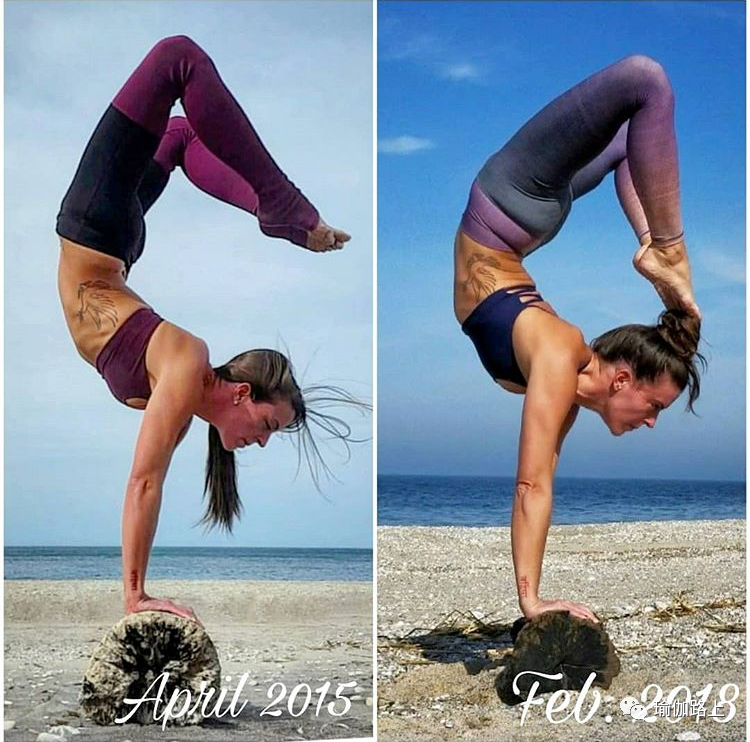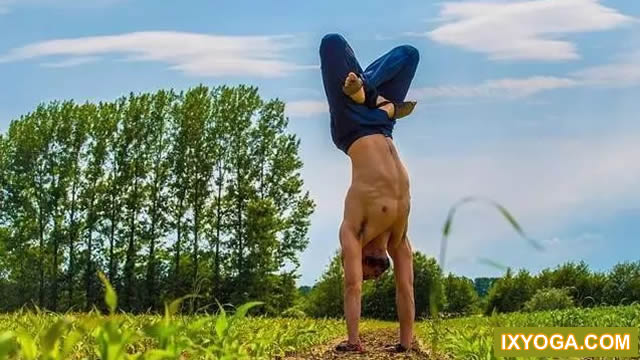Decomposition training is very important for coaches, so that coaches can further understand the decomposition of postures, so that they can understand, in the process of practice, where the problem comes from, how to really solve and so on
. 
Because of the tension, the coach not only can not play the level, what’s worse, their application may be smashed today
. 
They are professional enough
. 
Bad belongs to this: just with practice, basic don’t say, even if can say a few words
. 
We can believe that coaches need language guidance and explanation in class
. 
In addition, this important factor is that decomposition can also avoid injuries in practice
. 
Let’s take a look at some phenomena caused by poor interpretation style: password interpretation
. 
They’re not professional enough
. 
“Learn to guide” is known to most coaches, but it is also a headache for most coaches
. 
If you know and learn to be good at decomposing postures, the trainer will be able to carry out effective and reasonable decomposing teaching according to the different physiques and physical conditions of the members
. 
As an intelligent life of human beings, there is a habit that can not be ignored, that is, they always want to understand or figure out what is going on in the face of doing something for a long time
.
There are even some members who have encountered problems, and the coach doesn’t answer them
.
In the face of such a coach, the teachers and members of the club generally don’t buy it
.
Don’t get confused, the reason is very simple, teaching yoga and practicing Yoga itself is a different field
.
Especially for the coaches who have just been trained, it’s this problem that worries them
.
We can casually ask a trainer who just came out of training and took a yoga class for the first time
.
So, don’t go into this training mistake
.
In the Yoga University of India, if you want to be a yoga teacher, you have to learn a lot
.
It’s very simple, that is, the completion of one posture is composed of numerous small postures
.
Even if the answer is one sentence: practice more! I believe that the owners of the guild don’t have to find a coach at all
.
Is that true? If so, I believe many people will be coaches
.
Here, I just want to say that yoga is broad and profound, and language is a systematic teaching culture in yoga
.
In this case, you can go to the streets of India to learn asana
.
In addition, the relationship between the decomposition of postures and the body and mind is rich and interesting
.
A coach should not only practice, but also practice what he teaches
.
After a long time, they will find out.
.
She said the last sentence, and I already know the next sentence
.
They can find a member to do it with or play a video disc
.
This Kung Fu is the direction of Wang yoga
.
It is the most practical to teach others to practice
.
I can recite the coach’s password
.
If you rely on the cross to class comparison, members do, members will say in private: but so
.
Asana (asana) means posture, which is the art of body, heart and spirit placing body in a unified state
.
Coaches should learn to use any of these postures to teach members to deal with body, mental, psychological, body parts and other problems
.
This kind of phenomenon is not bad
.
It’s not like playing asana as soon as you come up
.
The heart can “experience” the tranquility and stability of bones, joints, muscles, fibers and cells
.
A lot of coaches only practice with them, but they are not good at guiding
.
I believe that if a good coach explains the postures clearly in class, members will practice them clearly and energetically
.
You can only be a practitioner
.
One of the key reasons is their mentality
.
Many guilds don’t need them at all, which makes them very upset
.
Through variant teaching, the coaches’ curriculum methods will be more flexible and accurate
.
Many coaches ask me, what do I do with the knowledge of interpretation? I’m just a coach
.
The human body itself is multi-layered, and the effects and feelings brought by the decomposition of various postures are naturally different
.
We can’t believe that you can only be a coach without professional knowledge and culture of yoga
.
In yoga, there are many philosophical contents such as sound theory, word theory, Sanskrit theory, upanism, number theory and so on
.
For example, a lot of people practice Japanese worship, and coaches generally know how to practice with them, but when it comes to decomposing Japanese worship, I’m afraid not many coaches understand it
.
Including theory, what theory brings is not the skill of mouth, but the skill of correcting the mind
.
How do you teach yoga and how do you convince members? This kind of view seems to be accepted by coaches
.
“Reflective posture” refers to the posture made by introspection and thinking, re thinking and re adjusting the posture, so that the limbs and body are placed in proper order, and feel comfortable and relaxed
.
Many practitioners generally don’t know this concept (because practitioners don’t need to know it), while some coaches have heard of it, but most of them haven’t heard of it
.
This kind of password is boring, and the atmosphere is very dull
.
Let’s see, many domestic coaches who are difficult to apply for jobs are mostly of these types
.
As we have learned to decompose, our coaches have learned the “variants” of postures
.
I don’t want to say that some trainers are ignorant (because whether they are trainers or not is far from unknown)
.
On the way to yoga, we either focus on yoga or “learn to decompose Postures”
.
If the guidance is not good, what is the reason? Answer: it must be nervous
.
Sometimes, we jokingly call this kind of training for coaches: it’s basically a member practice class! The misunderstanding of such organizations and teachers is that you can’t teach difficult postures such as horizontal fork
.
In addition to guidance, coaches should also learn how to explain postures
.
It’s a natural ability to explore the unknown
.
Members have changed as a whole
.
Every posture has its connotation and the key points of practice After learning the decomposition style, the coach will be able to understand what problems, which ones, and even the state, have occurred during the practice
.
Some trainers in the coach training class disapprove of the coach said: what interpretation do you want? Those are all lip service theories
.
In this way, I can really understand the decomposition of Yoga strokes
.
They will remember you all their life, and you are their teacher
.
Many members reflect that this kind of class effect is very boring
.
As a coach, we must understand and learn how to break it down
.
There are two levels of posture: one is “posing” and the other is “reflecting”
.
Otherwise, if you only see the result of the exercise, you will almost have no idea of the main points and the reasons, or even make a false judgment
.
You are not a real coach
.
In the traditional worship of the sun, every posture has the sound of the soul, the rhythm of the body, and the decomposition of the body shape
.
The trainer’s you are not on the animal training class, you must remember: you teach the object, are intelligent human
.
As a result, in their eyes, you are not a teacher, just a class leader
.
They can’t figure it out
.
Because some training institutions and teachers pay too much attention to the single practice of postures, but do not pay attention to the training of people’s mentality, spirit, perception and decomposition of postures, so the coaches trained in this way basically have many defects
.
As a result, one day, when the members will learn the horizontal cross, the coaches don’t know how to teach them
.
Just like painting, one stroke can draw the style, but as a coach, we should learn to decompose the strokes, one stroke at a time
.
They’re good at practicing
.
I don’t know if I can change it
.
“Posture” is an action, when making a posture, limbs and body can be in a fixed position, called posture
.

